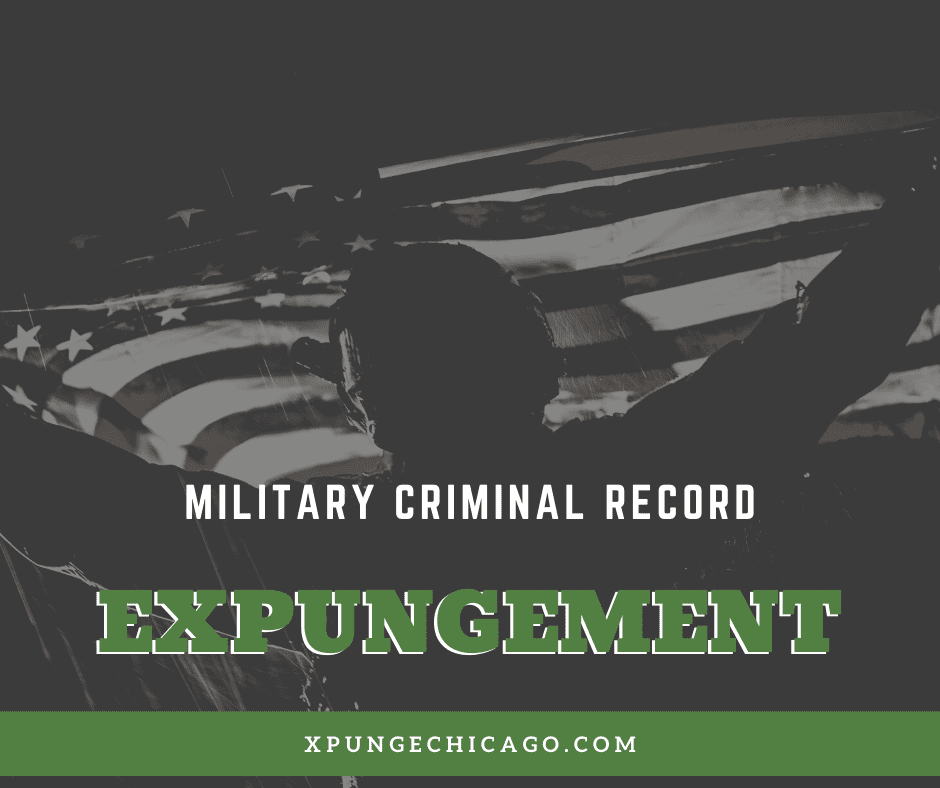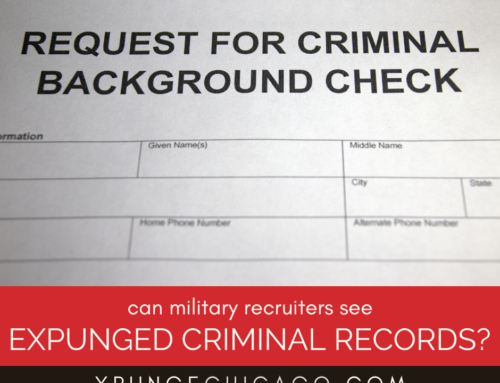
If you’re thinking about joining the military, criminal record expungement might be your main priority – most branches of the U.S. Armed Forces won’t accept people who have significant criminal records. And while there are some crimes you can never expunge, you may be able to clear your record so you can start your military career with a clean slate. Here’s what you need to know.
Military Criminal Record Expungement: What You Need to Know Before You Enlist
If your criminal record has been expunged, it’s like it never even happened. You won’t have to tell your military recruiter that you ever had a criminal record, either – you’re not legally required to do so. With an expungement, your criminal record disappears forever. Your records will either be destroyed or returned to you, which means neither the courts nor the police will have copies of them. Your expunged criminal history will not show up in a background check, either.
However, if you have a criminal record sealed, that’s another story. Sealed records are available to law enforcement agencies, the courts, the military and some employers – and that means you’ll have to talk to your recruiter about whether you’re eligible to join based on what’s in your record.
Crimes You Cannot Expunge for Military Service

Some crimes can never be expunged. Typically, they’re crimes that involve violence, such as domestic battery and homicide, or crimes that involve drunk driving. Those crimes must stay on your criminal record forever, regardless of whether you’re joining the military.
Sometimes, though, you can ask your military recruiter for a waiver. That means the military will look past your criminal history because you look like you’ll be an asset to the military. It’s not unusual for people to get waivers for minor criminal histories. Your best bet is to talk to your recruiter about what you can get a waiver for and what you can’t – and remember, the military’s needs change each month (and even branch by branch). That means sometimes the Army accepts more waivers than the Marine Corps does, and sometimes the Air Force will let you in with sealed records of minor crimes when the Coast Guard won’t.
For most people, though, the best idea is to go for criminal record expungement. If your criminal history is eligible for expungement, you can have your record cleared before you even talk to a military recruiter.
Do You Need to Talk to an Attorney About Military Criminal Record Expungement?
If you’re thinking about joining the military but you have a criminal record, call us to find out whether you’re eligible for expungement or sealing. We may be able to help you, and we’re always available at 847-920-4540. If it’s easier, you can fill out the form below; we’ll get back to you right away.















